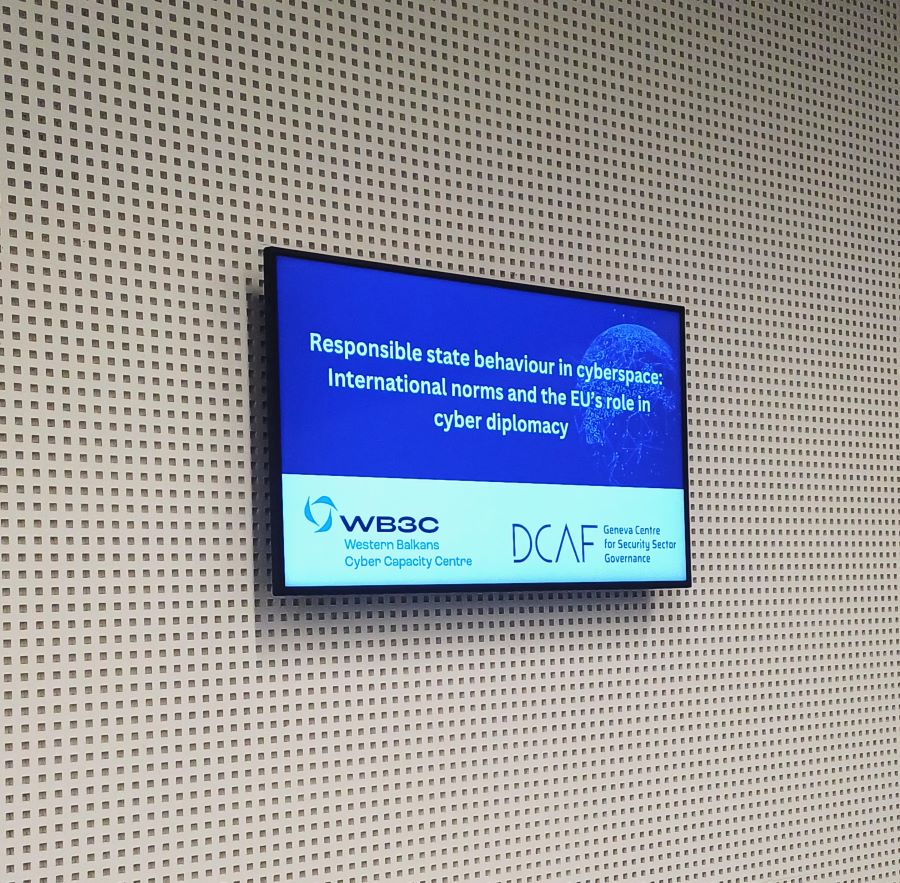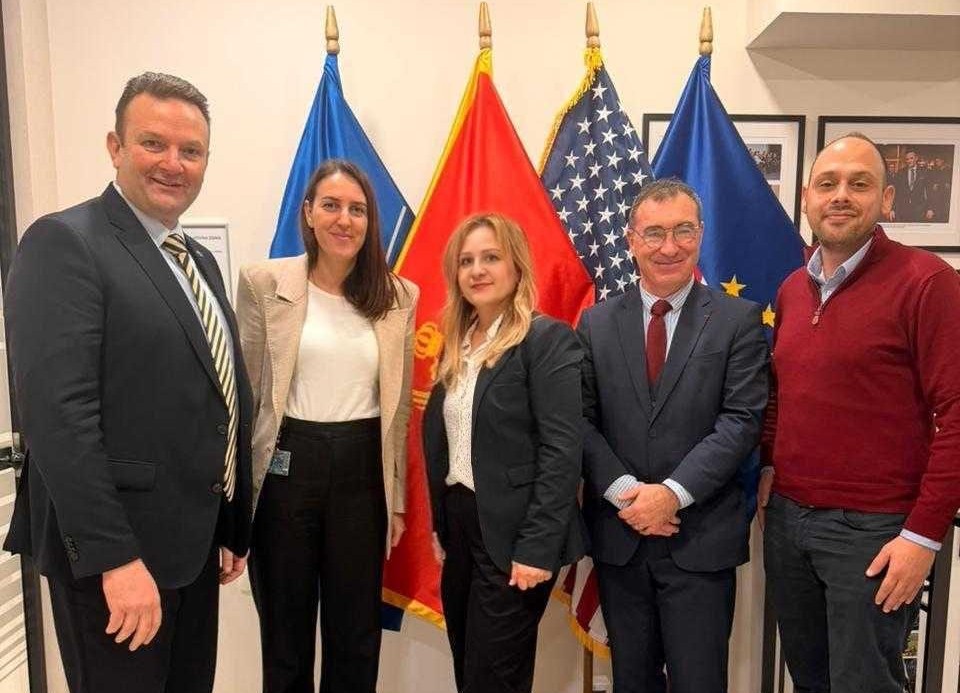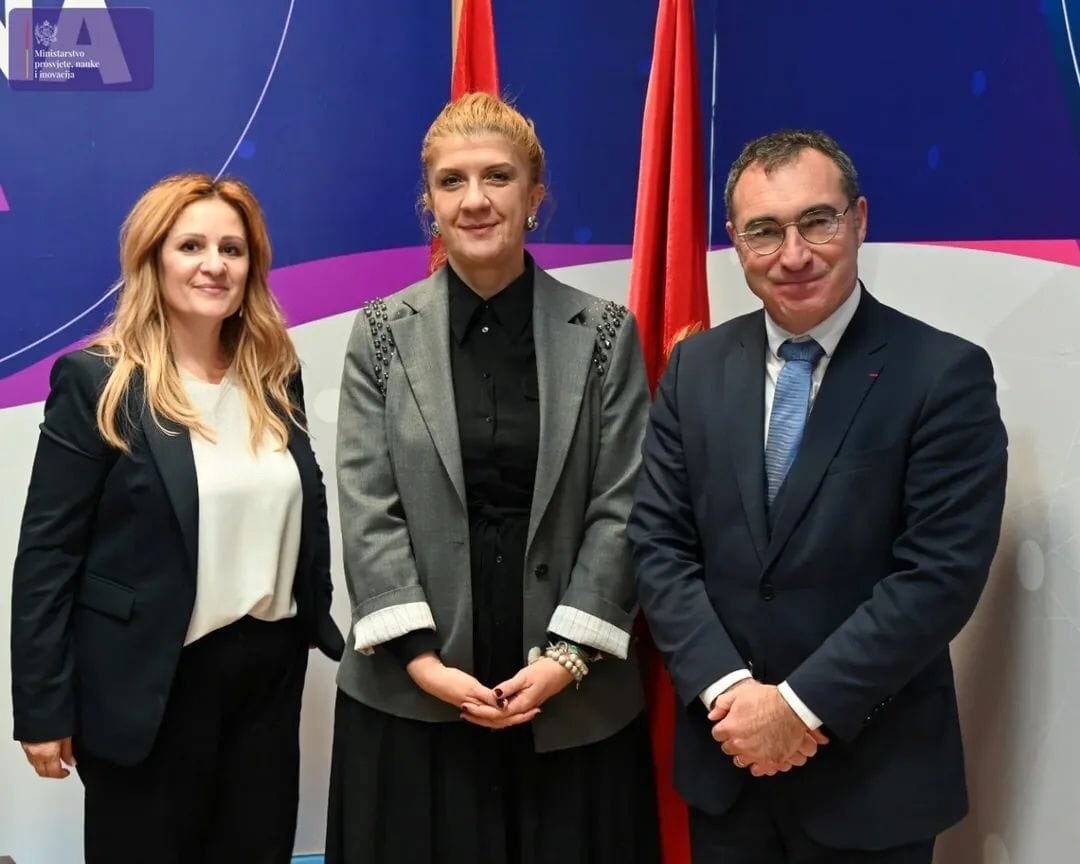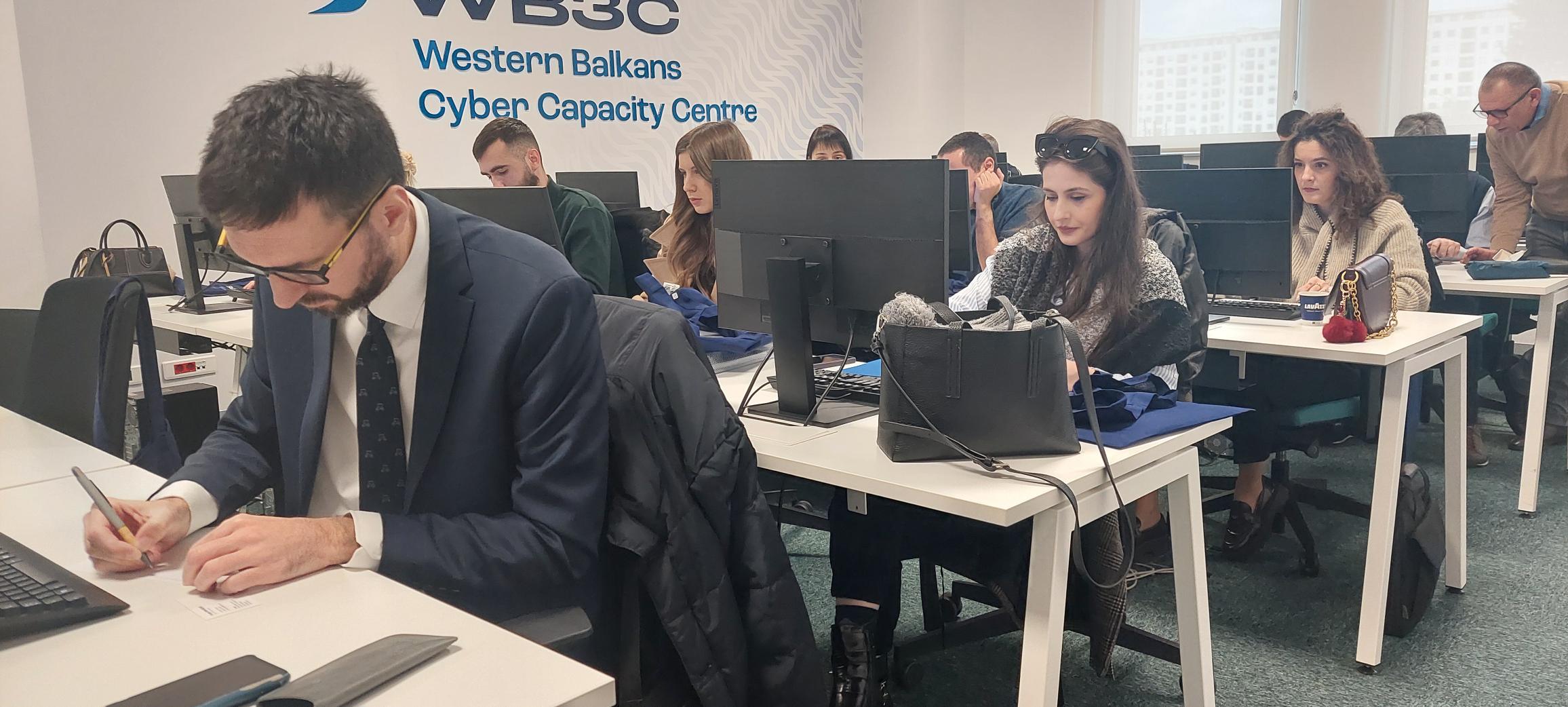Combatting Disinformation and FIMI
A very productive meeting this morning with the Atlantic Council of Montenegro, led by Mr. Savo Kentera, President and CEO, together with his team Azra Karastanović and Draško Jabučanin. The Western Balkans Cyber Capacity Centre (WB3C) was represented by its Head Gilles Schwoerer and the team: Vanja Madzgalj MBE, Cyril C. and Yannick Casse.
Building on our previous engagements, including the national Round Table on Critical Infrastructure and the 2BS Forum, WB3C is further strengthening this collaboration to address pressing regional challenges.
Our discussions highlighted significant common interests in two crucial areas: critical infrastructure resilience and countering disinformation and foreign information manipulation and interference (FIMI).
This prospective partnership reflects a shared commitment to strengthening regional security and societal resilience against interference and information manipulation. We look forward to developing concrete actions and contributing meaningfully to these important efforts.






